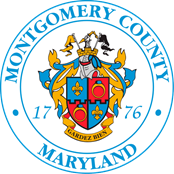COVID-19 tests in Montgomery County
See COVID-19 test information in Español / Spanish
Your health insurance may cover the cost of COVID-19 tests or at-home test kits. This includes Medicaid and Medicare. For details, check with
- local pharmacies and retailers,
- your health care provider, or
- your insurance.
Distribution of free test kits to Montgomery County libraries ended June 30, 2024.
Order your free COVID-19 Tests
Every household in the U.S. is eligible to order an additional 4 free at-home tests through COVIDTests.gov.
Positive test results or COVID-19 symptoms
Find COVID-19 medicinesSee respiratory virus guidance for positive test results, COVID-19 symptoms, or exposure to COVID-19.
Learn about COVID-19 treatment options.
